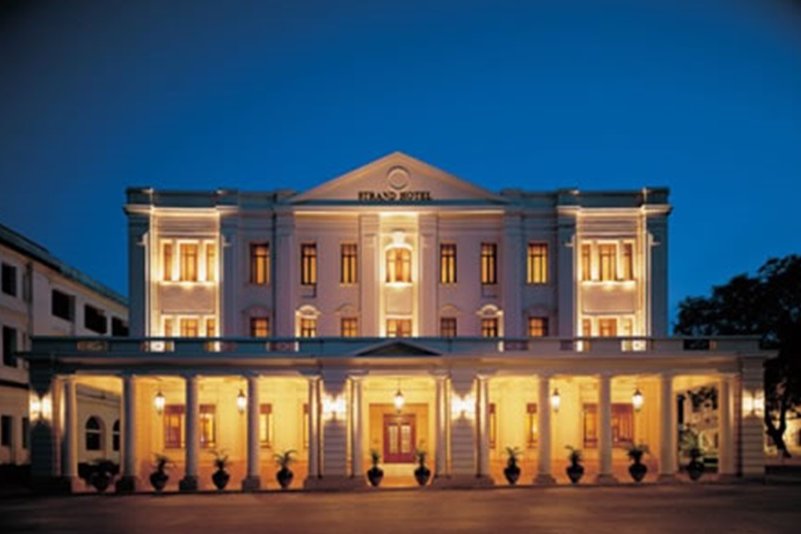
Date: 2025-04-01 Page is: DBtxt003.php L0900-TPB-TI-Burma-Myanmar-01a
|
TPB TAKEAWAYS / IMPRESSIONS
Burma (Myanmar) Remembering a World Bank assignment in the 1980s |
Schwedagon-Paya Pagoda

|
Around Rangoon

|
| . |
|
SOME IMPRESSIONS OF BURMA
I was part of a World Bank (WB) team that travelled to Burma in the early 1980s to prepare a project in support of the fishing industry in Burma. I was charged with assessing the economic and financial situation in the fishing sector, and bring that into the World Bank's investment decision. Rangoon (now Yangon) is one of the most interesting cities in the world. The city is full of amazing Bhuddist temples. The Irriwaddi River flows through the city and adds more character to the city. A fascinating place. At the time Burma was being run on very authoritarian lines by a military junta committed to state ownership of everything. In spite of this, the country / government was attracting substantial flows of investment money ... and the World Bank had joined the line to put money into the country, specifically into the fishing sector. Part of the WB's reasoning was that fish exports would strengthen the balance of payments and the country's ability to service its debt. Part of my role in the WB project team was to review the state of the fishing sector in Burma and especially the financial situation of the government owned fishing company ... the People's Pearl and Fishing Company (PPFC) that according to Burma law owned and operated all the fishing assets in the country. PPFC had a huge accounting department with several hundred accounting clerks doing the bookkeeping. It was impressive, but something of a challenge to make much sense of it all. With the help of PPFC's Chief Accountant I was slowly able to understand both the operating realities of the whole of the Burmese fishing industry (the P&L and cost accounts, if you will) and the financial condition of PPFC and the industry (that is the balance sheet). PPFC's Chief Accountant demonstrated to me over time that the fishing sector was essentially bankrupt and in a massive financial crisis ... staying afloat and enabled in large part by foreign lenders who had little understanding of the situation ... the financial realities !!!!!!!!! Some years before this WB assignment I had been the CFO of a fishing company ... Continental Seafoods ... based in the USA, and operating in 26 different jurisdictions around the world. I had learned something of the behaviors associated with the international fishing industry, and not at all naive about how the industry actually operates. |
Inya Lake Hotel

|
Inya Lake Hotel

|
Inya Lake Hotel

|
The Strand Hotel

|
| . |
|
As part of the analysis and review work, the WB team did a field trip from Rangoon down to the mouth of the Irriwaddi River delta on a government vessel ... a distance of around 100 miles. While Rangoon itself was quite 'safe' much of the countryside was not with around 13 major groups fighting for local power, and the government not very much in control. Accordingly our team was protected by both a contingent of armed police and a contingent of soldiers from the army. When we asked why there were two groups of armed guards, we were told that if we got killed and the police were in charge of protecting us, the army would make demands on the government, and if it was the other way round then it would be the police making demands. The solution was to have both responsible ... and therefore no problem. Perfect logic!
During this trip, our team was surprised to see thousands of small fishing vessels operating around the Irriwaddi delta quite near the open sea. These fishing boats were powered by outboard motots, and it raised the question of where the fuel coming from? We got the answer when one of PPFC's large foreign financed fishing trawlers came on the scene. The fuel intended for the trawler's fishing cruise was carefully delivered to hundreds of thes small local fishing boats. No wonder the trawler was getting very poor fishing results when we had been looking at their performance in the accounting office in Rangoon. It should also be noted that in response to a very serious shortage of fuel in the country, the government had imposed price control on fuel. The official government price for fuel was 3 chats/viss while the black market price was 30 chats/viss. A huge amount of 'leakage' was going on as people with some official position bought at the official price and then resold at the higher market price. The lesson here is that markets actually do work! | |||||||||||||
| . |
| HOME | SiteNav | Alpha | Chrono | Briefs | SEES | capitals | activities | actors | metrics | SI | SS | TPB |